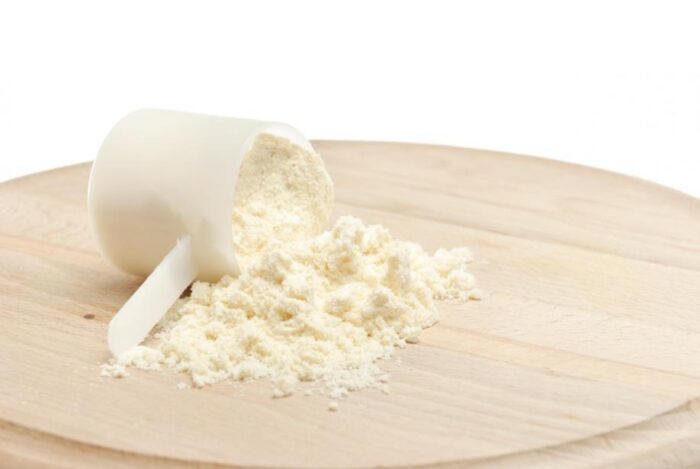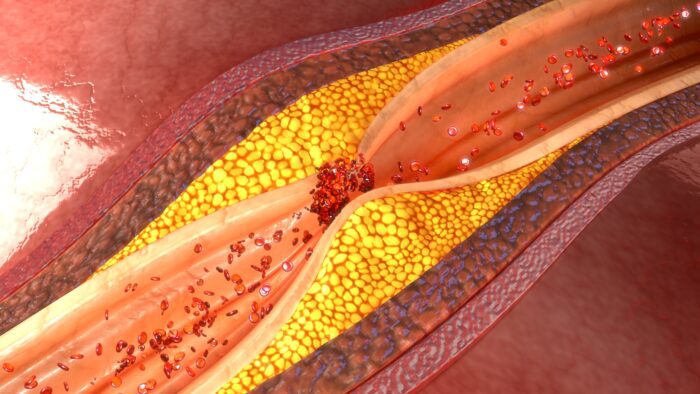The importance of protein is on the rise, making it the nutrient of the decade. More individuals desire to eat more of it daily and frequently make sure to receive the recommended amount of protein each day. This is because protein serves a variety of useful functions in our bodies. In actuality, every cell in your body has protein.
The finest sources of protein include milk and eggs. The nine essential amino acids that the body needs but cannot manufacture on its own—all nine of them—are provided by them.
But is there any difference between the two? Let’s find out.
Table of Contents
Difference Between Protein Quality
High-quality, fully-functional proteins can be found in both milk and eggs. This indicates that each of these foods is complete with all of the amino acids that your body needs each day to assemble and repair proteins.
The biological value of an egg is high at 100, compared to milk’s biological value of 91. The biological value of a protein is a measure of how well your body uses it and how many essential amino acids it contains. But one protein in milk called whey has a high biological value of 104.

Protein content in milk and eggs is comparable, with eggs having a slight advantage. One cup of low-fat milk has around eight gms of protein, while a serving of two large eggs has almost 13 gms of dietary protein. Four egg whites divided into portions yields roughly 14 gms of protein. Women ingest 46 gms of protein daily, compared to 56 gms for men and at least 71 gms for pregnant and lactating women.
There are brands that combine both of these protein sources and create a power-packed protein powder. You can buy Milk and Egg Protein Powder from nspnutrition.com.
Health Benefits of Egg
Since the beginning, eggs have been a staple in human meals as mother nature’s first superfood. But it is only now that we fully understand the nutritional wonders they contain and how helpful they are in creating long-lasting health advantages. Eggs are a great source of 13 necessary vitamins and minerals, as well as other vital nutrients that are required as part of a balanced diet in order to perform at your peak level each and every day.
Good Source Of Protein
In addition to having a very high protein content—about 25 gms per 30 gms—egg protein is also exceptionally high-quality. That might even be an understatement considering that eggs have the greatest “protein digestibility amino acid score” of all whole foods, which assesses the quality and digestibility of a protein.
Eggs are widely recognized for starting the synthesis of proteins since they are high in the essential amino acids that must be received through food. In terms of the amount of leucine it contains, the amino acid most important for maintaining muscular health, it comes in second only to whey protein powder.
Good Cholesterol

Eggs do indeed boost cholesterol. HDL, however, is the preferred form of cholesterol. HDL stands for high-density lipoprotein, to further explain. It has been hypothesized that higher HDL levels reduce the risk of heart disease and stroke. To clear up the cholesterol paradox, you generate cholesterol daily in your liver, but when you eat more, your liver just makes less of it. It balances out as a result. Most people’s blood cholesterol levels are raised by saturated fats from processed foods rather than eggs. Additionally, consuming an excessive amount of red meat has adverse effects.
Helps In Weight Management
Eggs are among the finest meal choices to help with weight management because they are relatively low in calories and a great source of high-quality protein. You’ll feel more satisfied, feel less hungry, and have less of an appetite later in the day as a result of eggs’ high satiety levels, which means you’ll be less tempted to grab a snack in the middle of the afternoon.
Benefits of Milk Protein
One of the oldest-used protein supplements, milk protein, has a variety of proven advantages. Due to its outstanding quality and rapid absorption, milk protein is frequently overshadowed by whey and is widely used. More precisely, Milk Protein is perfect for any time when the body requires a sustained release of protein due to its quality for prolonged release.
Good Anti-Catabolic

The best feature of milk protein is how effective an anti-catabolic it is. Therefore, Milk Protein guards against any potential deterioration of muscular tissue. When the body isn’t getting calories in, this is crucial (i.e., at night). Having a protein drink before bed is a typical defense for this. This method is sound, but for optimal results, it must be properly carried out.
Keeps You Full
The macronutrient that is most satiating is protein. If you want to prevent being hungry, it’s imperative to include a protein source in all of your meals and snacks. Casein, a milk protein digested and absorbed by the body slowly, is present in large amounts in milk protein. This indicates that it is filling and can eventually keep you feeling content.
Build Muscles
Since milk protein isolate contains many proteins and amino acids, it is excellent for promoting muscle building. Branch-chain amino acids (BCAAs) are abundant in milk and milk protein isolate and may support muscle growth and performance. It is a good source of leucine, an amino acid that aids at the beginning of the synthesis of muscle protein, and it contains all nine essential amino acids that your body cannot naturally make. Milk protein isolate is an excellent choice to increase your muscle mass.
Conclusion

You should include eggs and milk in your diet because they are both incredibly nutrient-dense foods. Depending on your taste, you can eat them both alone or together. There must be a balance, though. Nothing that is done excessively is good for the body. There are some health risks associated with consuming too much protein. Therefore, eating the proper amount will enable you to experience the advantages.

Leave a Reply